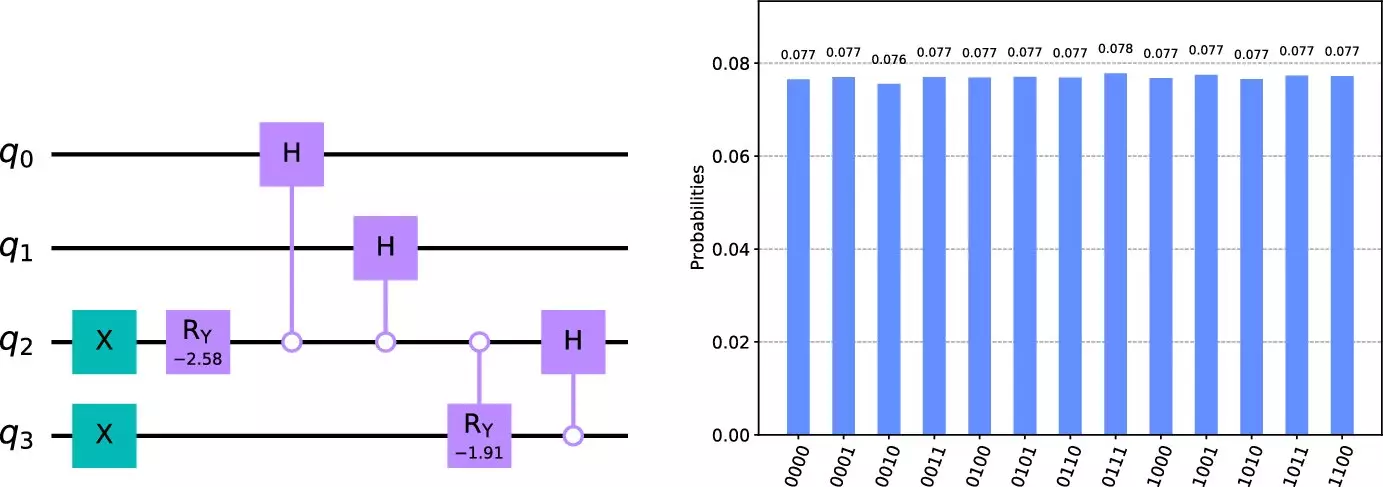Dr. Prakash Vedula, a professor at the University of Oklahoma School of Aerospace and Mechanical Engineering, has developed a groundbreaking algorithm in the field of quantum computing. This algorithm has been integrated into advanced computing software by Google and IBM, showcasing its exponential improvement over previous methods.
The algorithm, known as the Shukla-Vedula algorithm after Dr. Vedula and his research collaborator Dr. Alok Shukla, focuses on creating uniform quantum superposition states. This critical step in quantum computing has been drastically simplified, leading to practical applications in quantum search, optimization, differential equations, signal processing, cryptography, finance, and artificial intelligence.
Major quantum software platforms like Google’s Cirq and IBM’s Qiskit have already integrated the Shukla-Vedula algorithm into their latest versions. These platforms are widely used in industry and academia, highlighting the algorithm’s significance in the field. Companies like Goldman Sachs have also started utilizing this algorithm for financial risk analysis in derivatives.
According to Dr. Vedula, the algorithm represents an exponential improvement over existing methods without the need for additional resources. This high-risk, high-impact project has the potential to drive significant improvements in quantum computing applications. As the algorithm gains traction, Dr. Vedula is optimistic about its future impact on the field.
For those interested in the technical details of the algorithm and its user interface, documentation can be found on the software platforms of Cirq and Qiskit. This documentation provides a comprehensive overview of how the algorithm works and how it can be utilized in various quantum computing applications.
The development of the Shukla-Vedula algorithm by Dr. Prakash Vedula represents a significant advancement in the field of quantum computing. Its integration into major computing software platforms and adoption by industry leaders highlight its importance and potential impact. As quantum computing continues to evolve, this algorithm is poised to drive further advancements and innovations in the field.


Leave a Reply